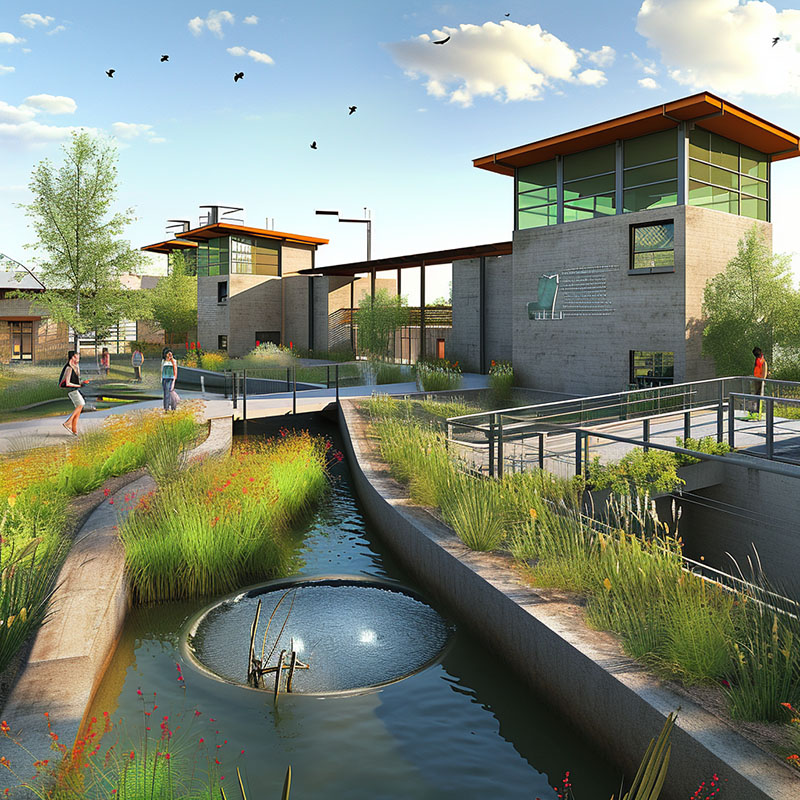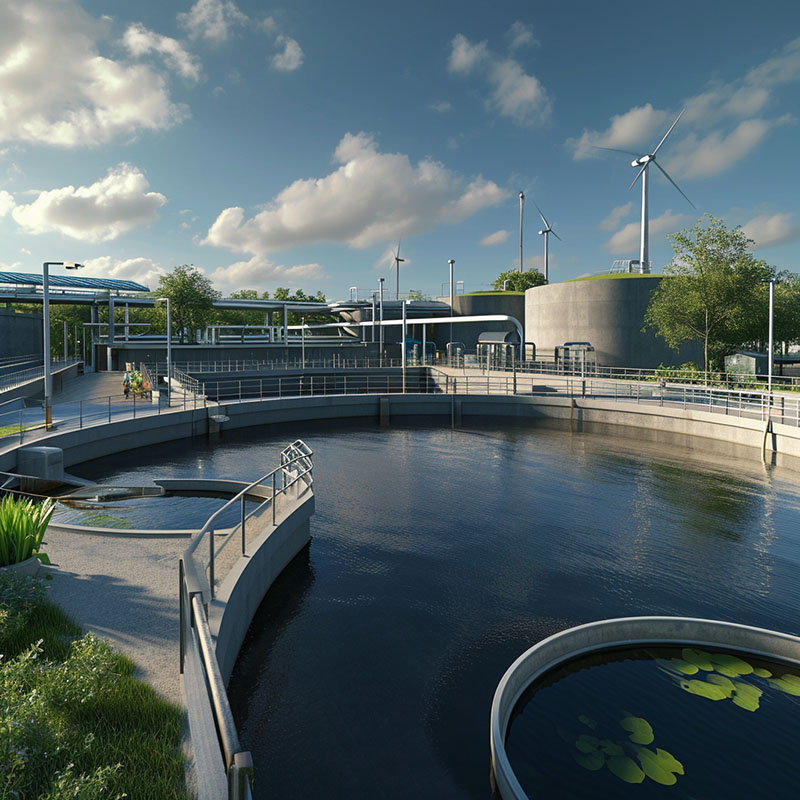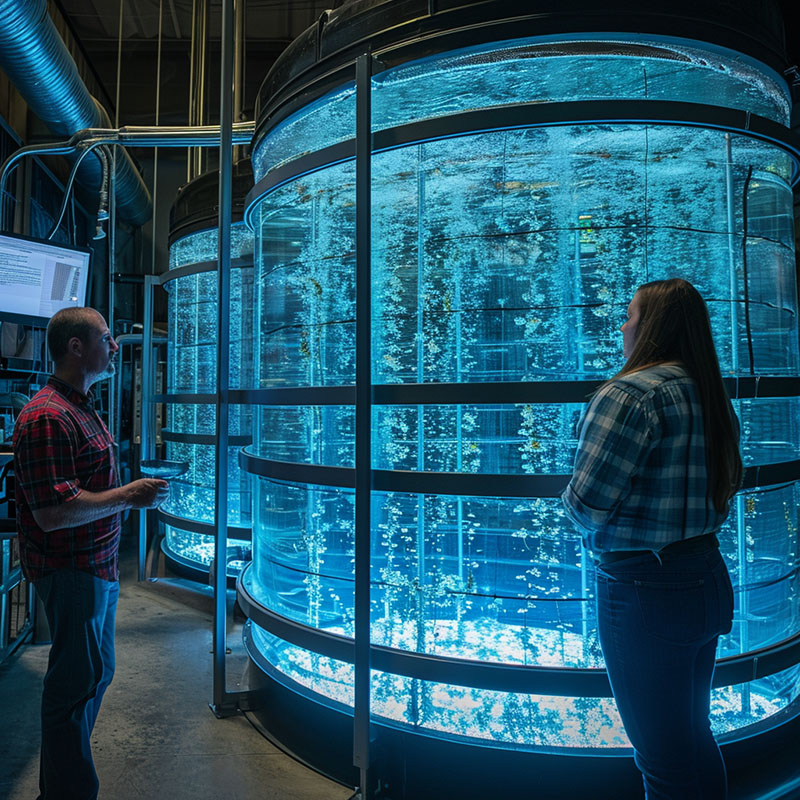





The basics of wastewater treatment involve multiple steps to remove solids and purify effluent water from sewage before safe discharge/reuse.
- Preliminary Treatment - Screening and grit removal to take out large debris and sand/gravel
- Primary Treatment - Sedimentation tanks are used to allow solids to settle at bottom and oils to float on surface
- Secondary Treatment - Biological processing using microbes to remove fine particles and organic matter. Methods used include activated sludge, trickling filters, and aerated lagoons.
- Tertiary Treatment - Advanced methods like filtration, disinfection, nutrients removal etc. to further purify wastewater
- Solids Handling - Digestion and processing of removed screenings, sludge, grit for safe disposal
- Discharge/Reuse - Treated water meeting regulatory standards is discharged into water bodies or reused
Proper wastewater treatment is vital for environmental protection, public health, and water conservation. The level of treatment required depends on whether water is discharged or reused.
Wastewater treatment innovation
In June 2002, a compact unit designed to treat wastewater in remote locations, such as the countryside of Afghanistan, received a trial run at a local pump station. The unit was designed as part of a half million dollar Phase II Small Business Innovation Research (SBIR) project awarded to UDT Inc. of Manassas, Va., and Virginia Tech by the U. S. Army. Virginia Tech serves as the academic partner for this project.
The compact unit is designed so that it can be delivered to a site by helicopter for rapid response and then hooked up to outhouses, kitchens, or wherever people are creating wastewater.
Virginia Tech's Environmental Engineering Laboratory has tested the unit's ability to remove sludge from water. Once the new compact unit has demonstrated its capabilities in this field test, UTD will begin distributing it to the Army and then plans to sell it commercially, says company president John Hill.
Historically, biological treatment units and settling basins have needed long detention times to treat wastewater. This method is not feasible for remote locations. As an alternative, UTD and the Virginia Tech environmental engineering researchers, John Novak and Nancy Love, first experimented with using a fabric filter to remove wastewater solids. However, the fabric filter was too thick and would have required too large a unit and complicated emission controls to burn the filters.
Instead, Virginia Tech and UTD developed stainless steel screens and pressure filters for solids removal. These will be used in conjunction with biological treatment units where bacteria are used to degrade the waste using a fixed media comprised of clay beads. Bacteria are grown on the beads, which allows a high quantity of microbes to get into small spaces. Combining the stainless steel screens and the clay beads results in a compact treatment unit that can treat 30,000 gallons per day of wastewater.
Using clay beads for wastewater treatment is a new technology currently used by the City of Roanoke, Virginia. Novak and Love were also involved in the testing of this technology in Dublin, Virginia before it was used by Roanoke.
The byproduct of this treatment process is a partially dried wastewater sludge that can be disposed of with regular solid waste. The sludge is generated from the collection of the bacteria that consume the organic matter in the sewage.
In war areas, such as Afghanistan, wastewater commonly goes untreated. "This new unit is a great idea because, right now, there is untreated wastewater being discharged in these locations, which is unsanitary and harmful to the environment," Novak says.
The unit can easily be operated in an ISO container, a large metal box that looks like a tractor trailer frame. In addition to use in war areas, the unit will be fairly economical so it could be used for such emergency situations as hurricane and earthquake disaster areas.
UTD is also in the process of designing complete portable communities for up to 550 people that could be delivered to war or disaster areas, with instant provisions for water and wastewater treatment, housing, food facilities, and power generation. UTD Inc. is an innovative engineering firm supporting clients in technical analysis and field support, basic and applied research, and equipment and instrumentation research and development.